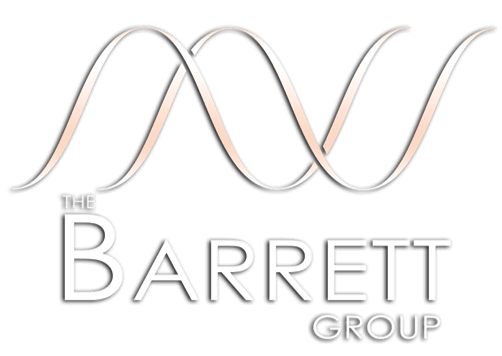Distraction As A Way Of Life
Distraction as a way of life. We have discussed at some length the fact that people have very different behavioral styles, particularly the executives who come to us for help with their careers. We use the DISC instrument as a way of detecting behavioral tendencies.
The high D (Dominance) types are driven and focused but often have no patience for details or the attention span to follow longer term programs. The high I (Influencing) types are so busy being creative or talking or meeting new people and seeking new adventures that they often achieve nothing at all. High S (Steadiness) and high C (Compliance) personalities have their own particular issues.
However, all of these types can suffer professionally and personally from confusing activity with progress.
If I am busy, the logic goes, then I must be productive. Think about people you know who constantly have to listen to music or TV so that they are not left with a spare moment to reflect. Others are constantly going somewhere, doing something, again, for the same reason—so that they do not have to be alone with their thoughts and self-reflections.
Increasingly, it seems to me, American society is losing the capacity for reflection. The ability to value moments of solitude and silence in which to contemplate and listen to your own thoughts and feelings and consider the bigger picture.

Many years ago, I worked for a brash, Dutch manager in Europe who was always busy and always outspoken, though to his credit he also cared deeply about his team and their well-being. He was certainly a victim of this incessant drive to act instead of reflecting. But he also left me with one particular pearl of wisdom. At one crucial moment he whispered to me in an aside during a meeting “You know, people have more brain cells in their guts than in their heads…” Now I don’t know if this is medically correct, however, it is definitely my experience that when I make a good or bad decision, if I listen to my “gut” I will know how I really feel about the decision and sometimes change it.
Some deeply rooted, evolutionary process operates at the subconscious level, I suppose, and confirms via messages from those “brain cells” in your gut whether you have made the right choice. However, you have to be open to this input, and that requires a certain degree of tranquility, of listening, and of reflection.
Think about that hamster you’ve seen running wildly on his wheel, turning and turning and going nowhere… That is the state in which we often encounter executives who know at some subconscious level that they need to change their ways, but they do not know how. Or remember the story about the foreman and the lumberjack. The foreman notices how one of his men is always working hard but actually not producing very much timber. Suspicious, the foreman walks over and casually inspects the edge of the lumberjack’s axe.
“You know,” the foreman says, “you could be a lot more productive if you would sharpen this axe.”
“Sure, but I don’t have the time,” replies the lumberjack.
That is a perfect metaphor for businesspeople who are too “busy” to actually look after their own careers.
At the Barrett Group we employ a Targeting step at the outset of each career change program that ensures a thorough reflection on personality, short-term needs, and longer-term objectives. We call it the Clarity Program©. Here’s what one recent alumnus, Jim Lareau, has to say about its benefits:
“I hope all the other coaches have the ability to be as insightful and inspiring as Mark [his Clarity Coach] was to me. He helped me to think “deeper” about me and what I need/want/am looking for in my next great adventure. Thank you, Mark!”
So, turn off the TV, close your eyes, listen to your gut, and consider the lumberjack or the hamster. Get Clarity. Give us a call.
Peter Irish
CEO
The Barrett Group

